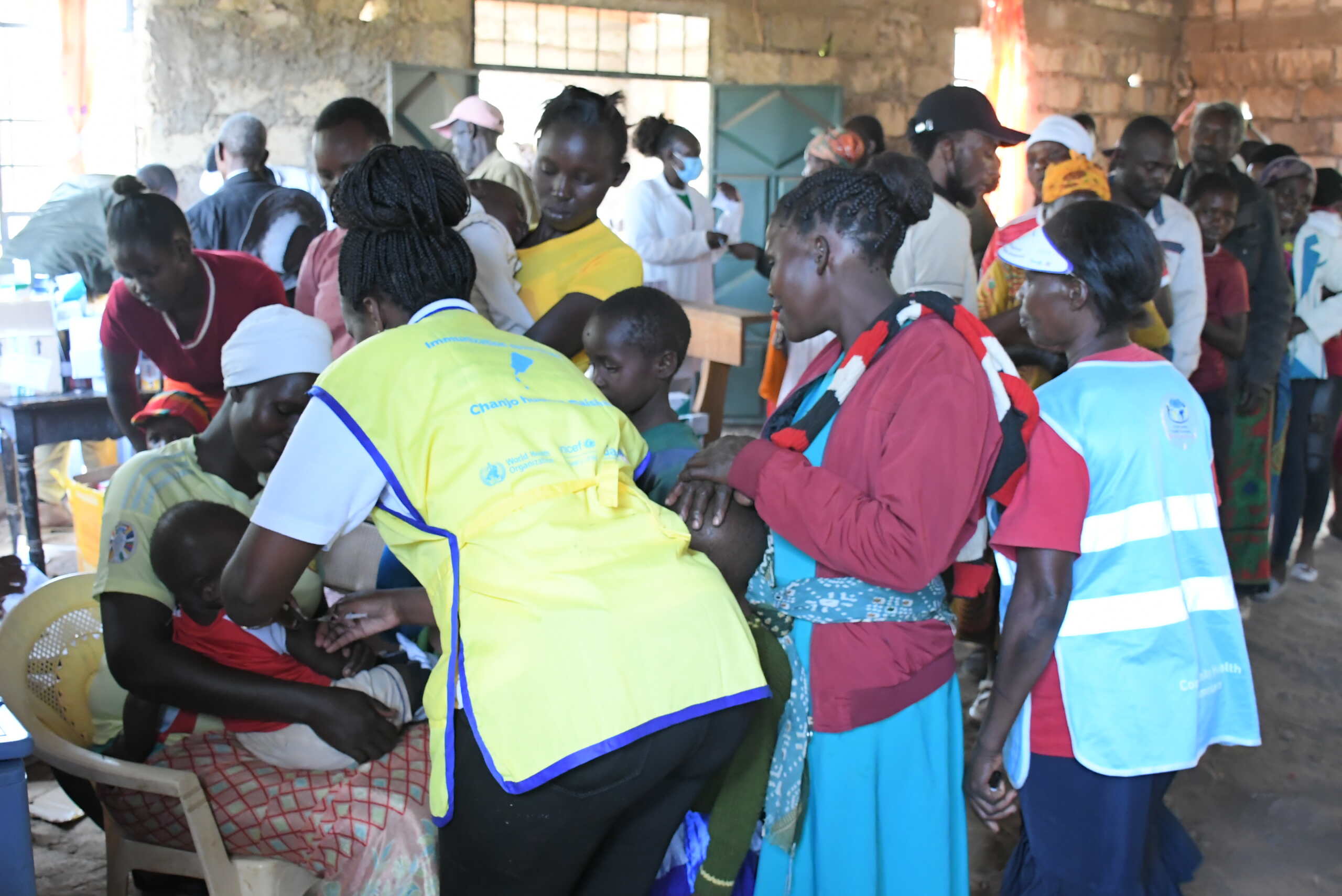Niger passes law to integrate people with disabilities
Stories | February 21, 2022
On 18 October 2019, the Niger National Assembly passed a law on the fundamental principles relating to the integration of people with disabilities in Niger. This was a major step forward in the promotion and protection of the rights of people with disabilities and the implementation of the United Nations Convention on the Rights of Persons with Disabilities (CRPD) in Niger.
What was the problem?
The situation in Niger was marked by the poor implementation of national texts on the promotion and protection of the rights of people with disabilities (before ratification of the CRPD). Moreover, CRPD was not integrated into the local legal framework despite its ratification in June 2008.
Additionally, there was insufficient outreach and ownership of the CRPD both to communities, rights holders (people with disabilities, and their organisations) and to decision-makers and other service providers. And finally, poor access for people with disabilities and their families to basic social services, information, transport and social protection.
Why a national law?
It was necessary after the ratification of the CRPD to harmonise national texts with the CRPD in order to gradually remove legislative obstacles preventing people with disabilities from fully enjoying their rights.
What role did CBM play?
Through a project funded by CBM Australia, CBM Niger worked with the Niger Federation of Disabled Persons (a national umbrella Disabled Persons Organisation (DPO)) to promote the protection of the rights of people with disabilities and influence Niger’s senior decision-makers. To do this, they:
- supported the strengthening of DPOs and their members;
- supported the capacity building of government officials and members of Community Service Organisations, strengthening the synergies between them and DPOs;
- supported DPOs to organise advocacy activities with decision-makers, services providers and the general public;
- undertook a study on the harmonisation of national texts relevant to the CRPD; and
- advocated for decision-makers to support the bill.
What was the outcome?
The law on the fundamental principles relating to the integration of disabled persons was passed in the National Assembly. This was a big step forward as it meant national legislation must now take into account the rights of disabled persons. People with disabilities were more involved and taken into account in the planning, implementation and monitoring of development policies and programmes as well as in emergency responses. For example, the Niger Federation of Disabled Persons became fully involved in the validation of the national disaster risk reduction strategy.
What are the next steps?
In order to continue building on this progress, the next steps for CBM and the Niger Federation of Disabled Persons was to advocate for the implementation of this new law and to sensitise and support the officials of the relevant government ministries to adopt implementing decrees and design plans and budgets that complied with the provisions of the law.
https://www.cbm.org.au/stories/niger-passes-law-to-integrate-people-with-disabilities
Related Stories

Coordinating inclusive health outreach in Meru County
For many households in Meru’s rural and remote areas, basic health services are physically...

Share your advocacy preferences with us
Thank you for helping us to advocate for the one billion people with disability globally. CBM Australia advocate across...

Advent 2025: Jesus’ way leads to fullness
The way of Jesus gives people freedom and empowers them to live out their God-given purpose. The last few weeks...
